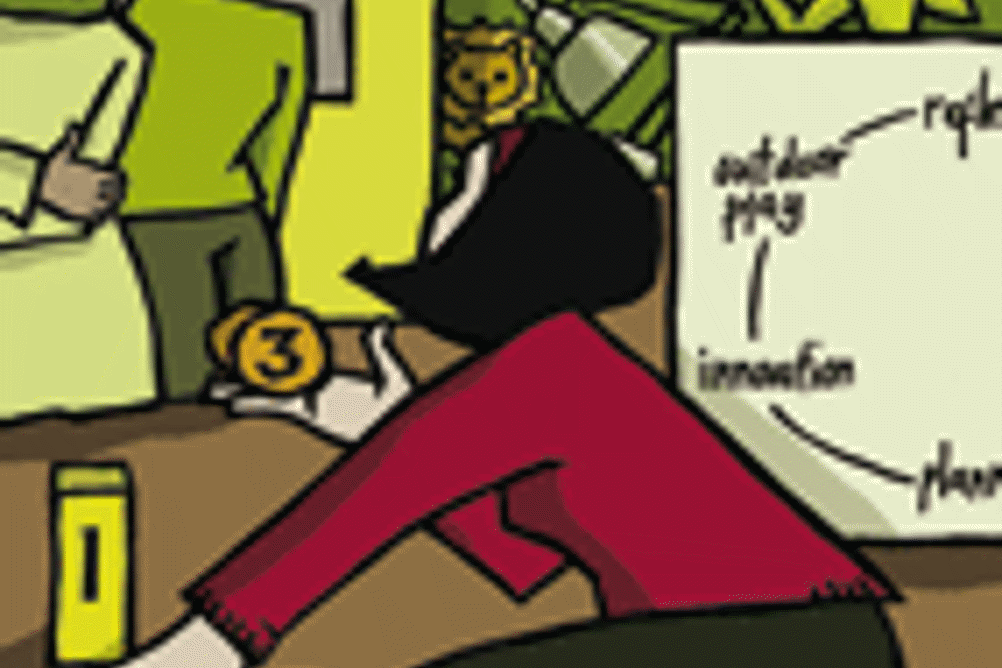
In some parts of the UK, nearly 50 per cent of children are starting school this term with poor language skills. This underlines the important role that early years practitioners have in supporting young children to become confident and competent communicators.
According to the children's charity I CAN, 2.7 million children in the UK struggle to communicate. Yet communication is key to all aspects of the EYFS, including, for example, emotional and social development, child-initiated play, problem solving, reasoning and numeracy.
Local authorities have had funding for running the Every Child A Talker (E Cat) programme. Early years consultant and trainer Ros Bayley, who leads a range of communication courses, including some in the E Cat programme, says, 'There is now a big emphasis on speech, language and communication. The courses cover issues such as how to be effective in delivering high-quality speech, language and communication provision.
Register now to continue reading
Thank you for visiting Nursery World and making use of our archive of more than 35,000 expert features, subject guides, case studies and policy updates. Why not register today and enjoy the following great benefits:
What's included
-
Free access to 4 subscriber-only articles per month
-
Unlimited access to news and opinion
-
Email newsletter providing activity ideas, best practice and breaking news
Already have an account? Sign in here
